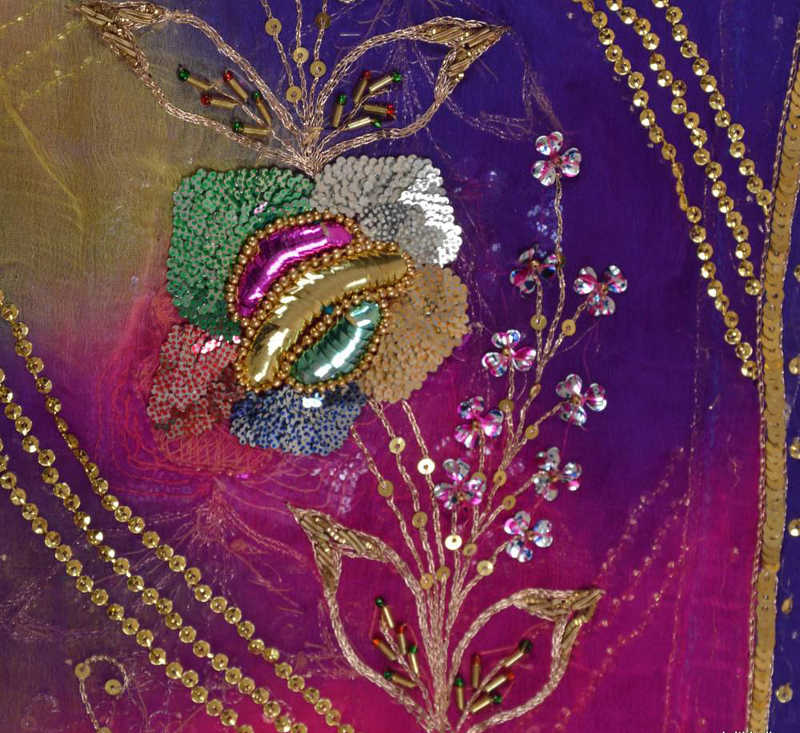===
1504,
5
===

=== |
 |
paas : 'Watching, guarding, taking care (of), observing; observance, consideration, attention (to), regard, respect'. (Platts p.217)
((izzat : 'Might, power, grandeur, glory, honour, dignity, respect, esteem, reputation, good name'. (Platts p.761)
FWP:
SETS
MOTIFS
NAMES == KOHKAN; MAJNUN
TERMS == WARRANTAn elegantly oblique verse. As SRF makes clear, the two possible interpretations of the speaker's relationship to Kohkan and Majnun are both perfectly available, powerful, creditable to the speaker, and enjoyable to us. As so often, the question of how to choose between them remains, by no coincidence at all, entirely unresolvable.